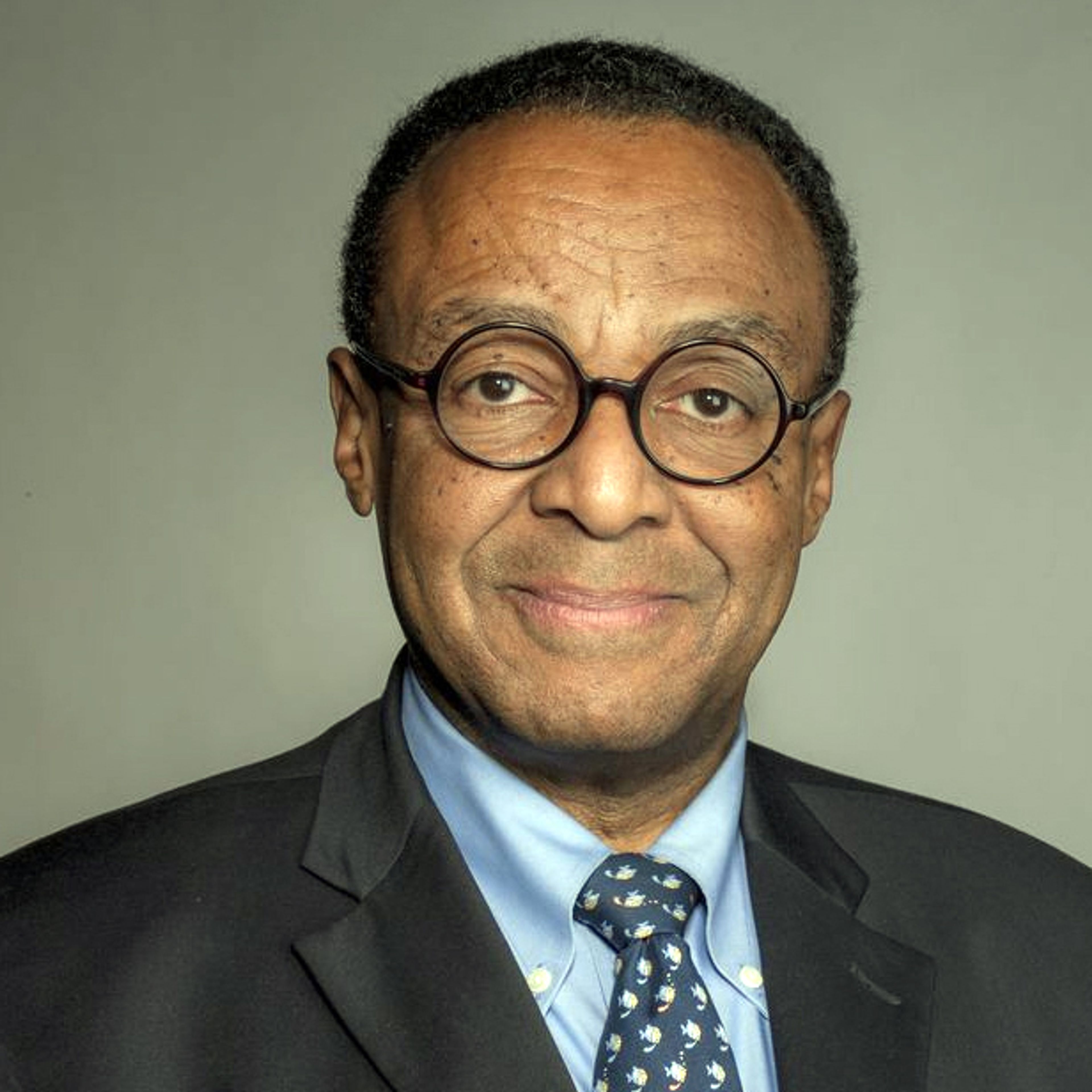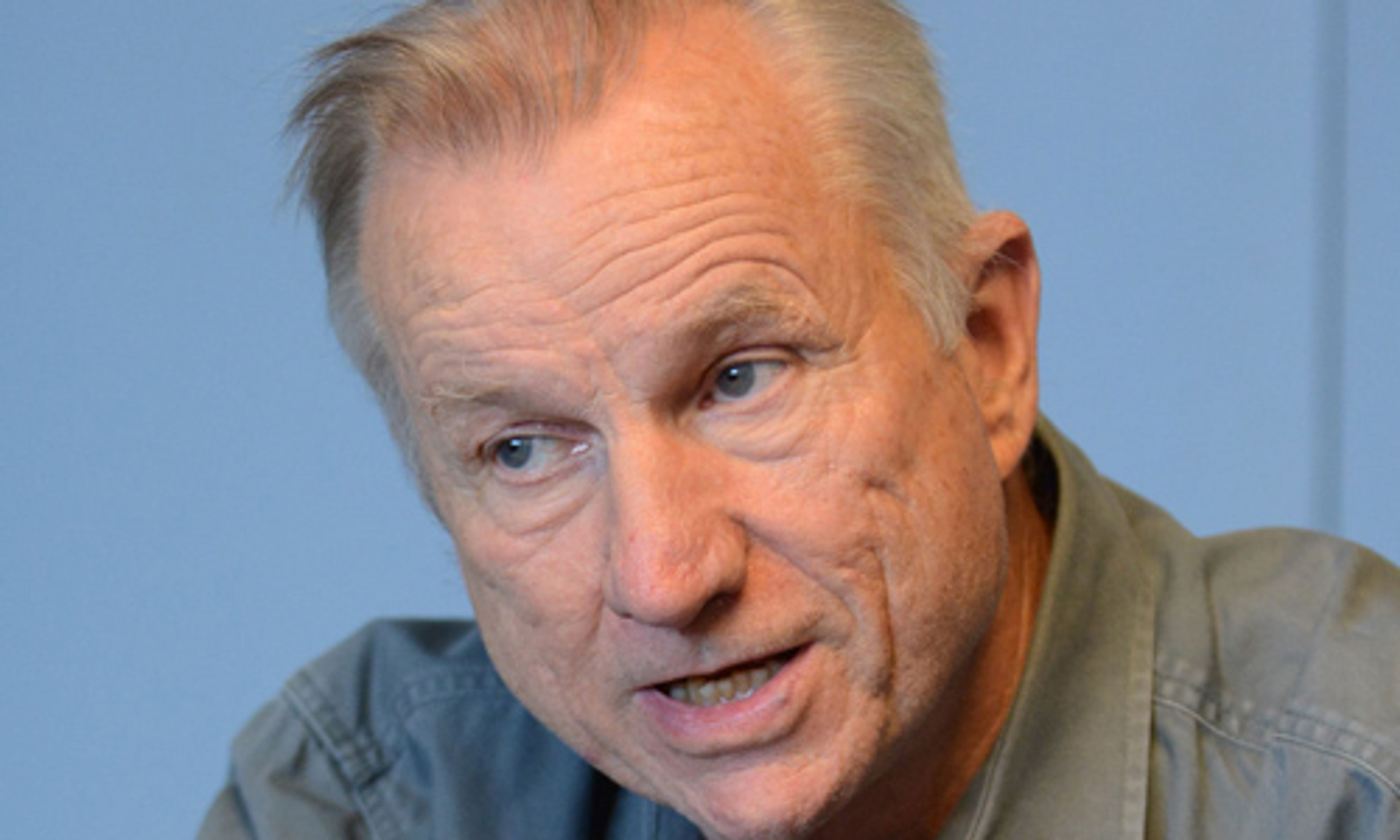OPINION: Rural kids could suffer the brunt of education privatization
If the Idaho Legislature succeeds in pushing through a school voucher scheme this session, which starts next week, rural kids stand to be the ones who lose out the most.
Only about one in 20 Idaho students goes to a private school, and in about half the counties in the state, there is zero private school enrollment, as Ryan Suppe of Idaho Education News recently reported. In a whole lot of other counties, private school access is very limited. The bulk of private schools exist in just a few of Idaho’s counties near its largest urban centers.
But doesn’t that mean that rural kids simply won’t get the benefits of a voucher program? After all, proponents of vouchers have repeatedly asserted that a voucher program — or a school choice initiative, if you prefer the propaganda term — won’t divert money from the state’s public education system. So rural school quality shouldn’t degrade simply because a voucher system exists alongside it, right?
Here’s the truth: Everything in the state budget is in competition with everything else. The government gets so much money in taxes, and each of those dollars can be used for only one thing. A dollar that goes to the State Brand Inspector’s office can’t go to roads and bridges, though these two government activities have basically nothing to do with one another.
All attempts to wall off public school funding from voucher programs are ultimately futile. Using separate, dedicated funding streams for certain programs provides the appearance of insulating certain programs from the effects of others, but funding streams are redirected constantly.
Within just a few years, the Legislature created sharply rising residential property taxes by freezing the homeowners exemption and repeatedly attempted to relieve this rising burden by diverting income tax dollars through a “ surplus eliminator.” The surplus eliminator funding mechanism was originally dreamed up as a way of plugging the chronic hole in state transportation infrastructure funding, something with no relationship to property tax relief.
All kinds of arcane things can and have been done to move money from one pot to another. Any assurance that one pot of money is safe from another should be treated like what it is: a politician’s promise.
So any voucher program will put public school funding in competition with private school funding (along with fraudsters who do things like claim vouchers for kids who don’t exist.)
The biggest losers will be in vast swaths of rural Idaho, especially eastern and central Idaho, which has exceedingly few private school options. The funding for their schools would be in competition with funding for expensive private schools in the western half of the state.
And even if there is some private school option available in your local area, what if the only local private school is Lutheran and your family is Catholic? Now you have to choose between your kid receiving a religious education that goes against your beliefs and having no real access to this new voucher program.
This is why a religiously neutral, quality public education system is far and away the best option. Even the recent poll from the Mountain States Policy Center, which advocates for school choice policies, shows most Idahoans think more money should be spent on Idaho’s public schools. And working to improve the public school system is the option most Idahoans seem to prefer, particularly in rural areas.
Senate Education Chairperson Dave Lent, R-Idaho Falls, pointed out at a Statesman legislative preview that the Bonneville County Republican Central Committee “did a survey, and overwhelmingly that was not a priority for them. They’re focused on things like quality of education, reading, writing and arithmetic and what can we do to better enable our public system to do that.”
This isn’t just the case in Idaho. As ProPublica reported, opposition to vouchers from rural conservatives is growing around the nation.
That’s because the push for vouchers isn’t meant to benefit their children. Big, national dark money groups are not interested in maintaining the public education system in the long term. They know it would be politically disastrous to just yank the rug out from under everyone. So the idea is to start small and get the ball rolling.
What’s at stake is not, as Joint Finance-Appropriations Committee Chair Wendy Horman, R-Idaho Falls, asserted at a recent debate, the “civil rights issue of our time.” What an insult to actual civil rights. What’s at stake is a whole lot of money for whoever owns the schools receiving these vouchers.
A privatized system will never be as good for students as a whole as a public one. The foundation of private school comparative success is the ability to exclude students in the greatest need. Any school that receives public funding should have no right to hand-pick its student body.
Privatization also comes with bad incentives. Many private schools operate on a for-profit basis. So every dollar they don’t spend on your kid they can give to their owners or shareholders.
For-profit colleges have been, by and large, a national boondoggle, eating up huge swaths of federal education funding while providing often useless degrees to unsuspecting students. But they were very good at paying dividends to their shareholders. Imagine an entire primary and secondary education system built on the for-profit college model.
And if you’re in rural Idaho where there isn’t a profit to be made off your kids? Expect that your kids will get to pick through the scraps left over after the fraudsters and shareholders have had their feast at the public trough.
Clark is an opinion writer for The Idaho Statesman in Boise.







